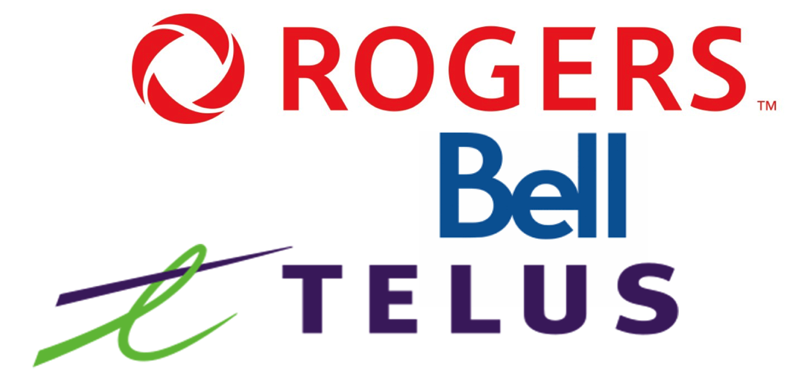
TTC Subway Needs Cell Coverage from Rogers, Bell, and Telus: Experts

Torontonians and experts are once again calling for Rogers, Bell, and Telus to provide underground cellular service on the Toronto Transit Commission (TTC) subway amid an uptick in violent incidents, including stabbings, armed robberies, and assaults, on the line in recent months — reports CityNews Toronto.
In 2012, BAI Communications won a 20-year, $25 million exclusive contract to build out network infrastructure on the TTC. Today, the infrastructure required for talk, text, and data coverage is in place across all 75 subway stations and portions of the tunnel, but underground cellular coverage remains widely unavailable.
Right now, Shaw Communications-owned Freedom Mobile is the only operator to agree to BAI’s licensing terms and provide underground cell service in Toronto. None of the Big Three have signed on to provide coverage along the TTC.
Brett Caraway, a professor of Communication, Culture, Information and Technology at the University of Toronto, said he believes the three major Canadian telecom operators want to install their own infrastructure instead of paying to use someone else’s.
“They’re not necessarily fond of making a network-sharing arrangement,” the professor said. “I think the position of TTC, the City of Toronto and maybe BAI is there’s no reason to have duplication of infrastructure inside the subway system.”
In a statement to CityNews, BAI said that it wants to work with all carriers. “We are eager to work with all carriers to provide cellular access to all TTC riders. We appreciate that Freedom Mobile has been our engaged and collaborative partner for several years.”
Bell Canada told CityNews that it wants to build its own 5G network in the subway. However, the agreement with BAI is exclusive, preventing other companies from building their own network infrastructure in the subway.
“What we’re seeing here is a case where public safety is secondary to the big cell networks maintaining their oligopoly because they don’t want to be paying licensing fees to someone else that got there first,” said Daniel Tsai, a law professor at Toronto Metropolitan University.
There simply isn’t enough incentive or competition for Rogers, Bell, and Telus to work together and sign on with BAI, Tsai noted.
“If you allowed all three of the major companies to lay [it down], then you are not only tripling the number of materials in the subway system, but you’re tripling the number of people that would have to go down and do maintenance,” he said.
Users on all networks can currently access 9-1-1 services on the TTC. However, Matti Siemiatycki, Director of the Infrastructure Institute at the University of Toronto, argued that subway riders need cell service for more than just emergency calls: to get in touch with their loved ones, to have work or everyday conversations, or even pass the time during rides, among other things.
“You want to be texting a friend or texting a spouse to let them know where you are … Cell phone service is about connection for all sorts of reasons,” he said.
“It’s a connection to feeling safe; it’s a connection to continue a conversation; it’s a connection for business reasons or recreation and [to] pass the time in spaces in between.”

